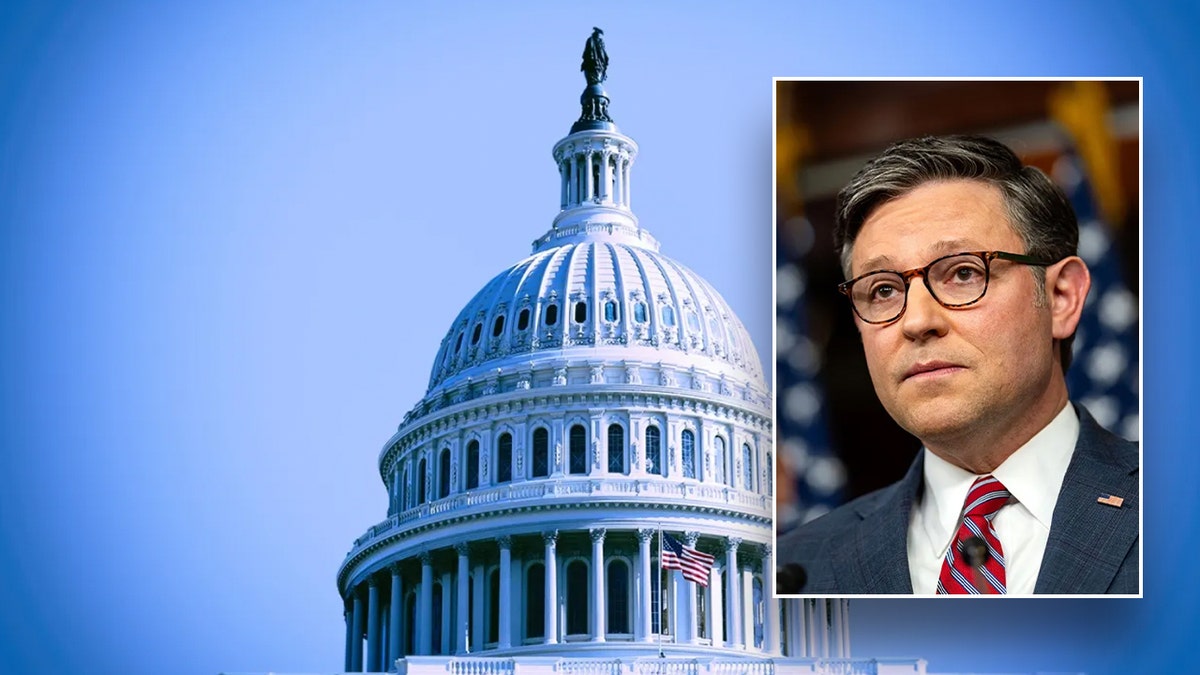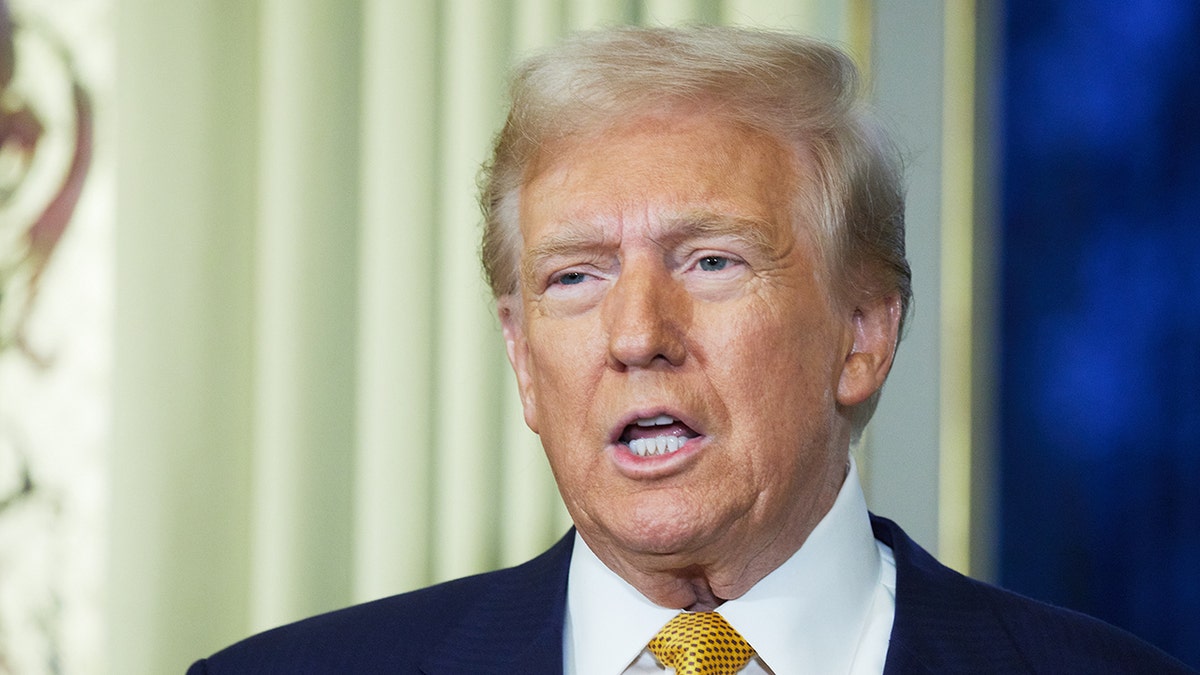In a decisive move to prevent a government shutdown, the House of Representatives overwhelmingly approved a bill to extend federal funding until mid-March. The legislation, passed with a 366-34 vote, garnered support from nearly all Democrats and a significant majority of Republicans, ensuring its passage beyond the two-thirds threshold required under the expedited "suspension of the rules" procedure used to bring the bill to a swift vote. This action follows days of intense negotiations and failed attempts to reach a consensus on government funding, including a previous bill rejected by President-elect Trump and his allies, and a subsequent Trump-approved bill that failed in the House.

Speaker Mike Johnson expressed optimism about the bill's passage, assuring that a government shutdown would be avoided and essential federal services maintained. The legislation includes over $100 billion in disaster relief aid for victims of storms Helene and Milton, as well as assistance for the agriculture industry. The bill’s passage brings temporary relief amid concerns about the rising national debt, which has surpassed $36 trillion, and a deficit exceeding $1.8 trillion.
The bill's path to passage was not without its hurdles. President-elect Trump, who had previously called on Republicans to reject an earlier spending bill, remained notably silent on this latest measure. Rep. Thomas Massie (R-Ky.) voiced his opposition to the bill, citing the absence of a debt limit increase, a provision Trump had sought. However, other Republicans, such as Rep. Dan Meuser (R-Pa.), suggested that the bill would not have advanced without the backing of Trump and Elon Musk.

This new legislation represents a significant departure from the initial bipartisan deal, which was criticized by some Republicans for containing unrelated measures. The initial, larger bill included provisions for a congressional pay raise, health care policy changes, and funding for the revitalization of RFK Stadium. The current bill, streamlined to 116 pages, omits these contested elements. Notably, it does not address the debt limit, although Speaker Johnson reportedly committed to addressing this issue early next year as part of a broader spending overhaul.

House GOP leaders also presented a plan to raise the debt limit by $1.5 trillion, coupled with $2.5 trillion in spending cuts. Democrats have largely signaled their support for the current funding bill, and President Biden has indicated his willingness to sign it into law if it passes the Senate.
Comments(0)
Top Comments